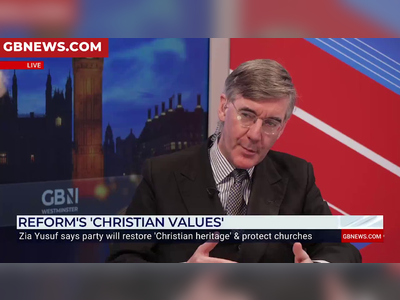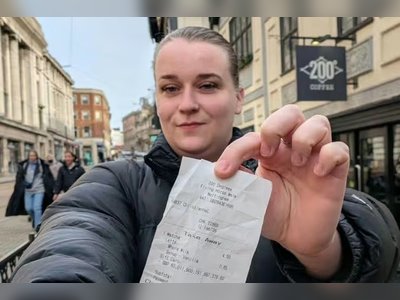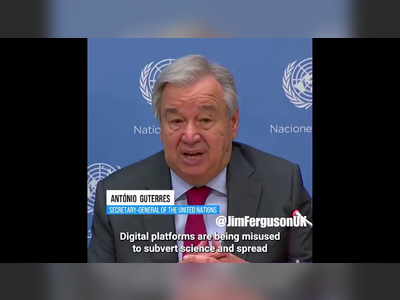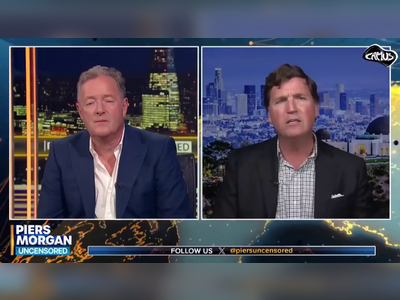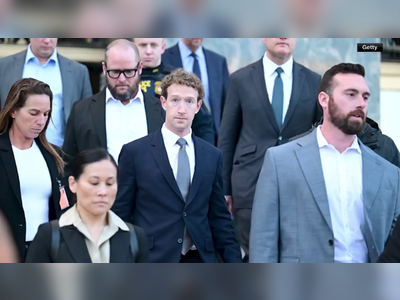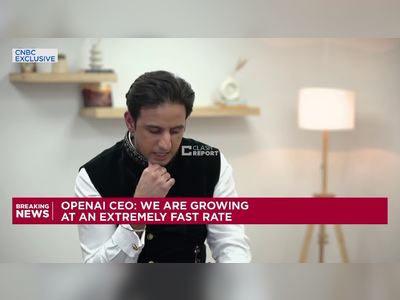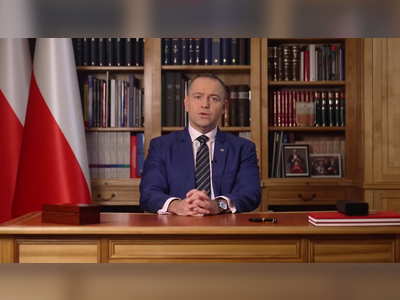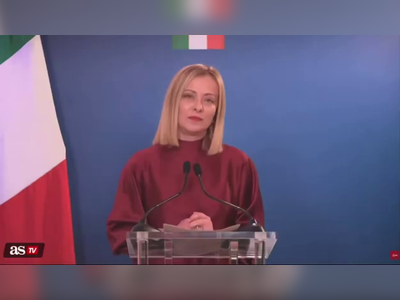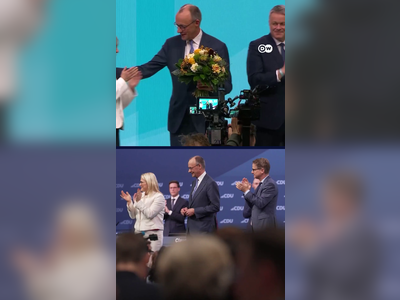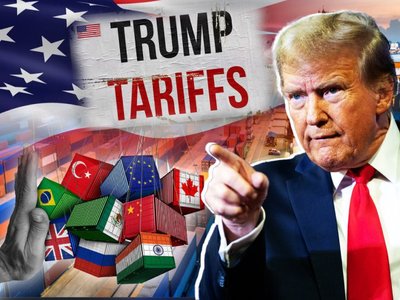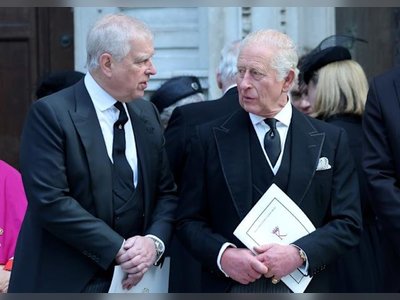Wilders Threatens Coalition Collapse over Asylum Reform: No Compromise on Immigration Policy
PVV Leader Demands Adherence to Stricter Asylum Measures; Signals Potential for New Elections If Altered
Geert Wilders, leader of the Dutch Party for Freedom (PVV), has issued a stark ultimatum to his coalition partners, stating unequivocally that any modification to the asylum plans set forth by Migration and Asylum Minister Faber will not be tolerated.
Wilders insists that deviation from the proposed stringent asylum measures could necessitate new parliamentary elections.
'Should any party attempt to shift even slightly, they ought to proceed without us,' declared the PVV leader in response to press inquiries regarding the imminent deliberations on asylum policy reforms.
Wilders' remarks come as the Dutch cabinet prepares to discuss a new set of rigorous asylum measures in a ministerial council meeting on Friday, where approval from allies VVD, NSC, and BBB will be crucial.
This development highlights a pivotal moment for the coalition, as it seeks to implement what Wilders has championed as 'the strictest asylum regime ever.'
Over recent months, Wilders has negotiated several compromises, particularly noticeable in his engagement with opposition parties on reducing educational budget cuts.
Yet, despite previous concessions, Wilders has now drawn a definitive line.
At the end of October, the PVV acquiesced to shelving a contentious emergency state law due to insurmountable objections from coalition partner NSC.
Instead, alternative stringent asylum policies were enshrined in the 'Emergency Asylum Measures Act.' Nevertheless, the PVV leader declares that the period for negotiation has ended.
'There is a point where the PVV stands firm: enough is enough.'
Central to the proposed legislative package are measures to limit asylum permits to three years, down from five, and initiatives to repatriate Syrian nationals to designated safe zones, alongside housing asylum seekers in austere 'transit zones.' The promise of a tightened asylum regime has been a staple of the PVV's electoral pitch, yet actual implementation has proven arduous.
Wilders emphasizes the necessity of adhering to his electoral mandate, asserting, 'If, for any reason, we fail to deliver, we must return to the electorate and seek an increased mandate to enforce these policies more effectively.' His remarks underscore not only a potential policy shift but also an implicit readiness to seek a renewed public mandate.
Reacting to Wilders' unyielding stance, NSC leader Pieter Omtzigt labeled the 'no changes' proclamation as 'peculiar.' Omtzigt underscores the fundamental parliamentary right of amendment, allowing lawmakers to refine legislation to ensure its robustness before judicial review.
'Ultimately, it is about enhancing the legislation to prevent it from being overturned in court,' Omtzigt remarks.
With cabinet deliberations set to determine the course of these contentious asylum policies, the political landscape remains poised on a knife-edge.
Wilders, while expressing a desire to maintain his cabinet position, remains clear that non-compliance with his vision will force a party reassessment.
As the government grapples with potential repercussions, the broader conversation on immigration policy reflects growing tensions within the Dutch political apparatus.
Wilders insists that deviation from the proposed stringent asylum measures could necessitate new parliamentary elections.
'Should any party attempt to shift even slightly, they ought to proceed without us,' declared the PVV leader in response to press inquiries regarding the imminent deliberations on asylum policy reforms.
Wilders' remarks come as the Dutch cabinet prepares to discuss a new set of rigorous asylum measures in a ministerial council meeting on Friday, where approval from allies VVD, NSC, and BBB will be crucial.
This development highlights a pivotal moment for the coalition, as it seeks to implement what Wilders has championed as 'the strictest asylum regime ever.'
Over recent months, Wilders has negotiated several compromises, particularly noticeable in his engagement with opposition parties on reducing educational budget cuts.
Yet, despite previous concessions, Wilders has now drawn a definitive line.
At the end of October, the PVV acquiesced to shelving a contentious emergency state law due to insurmountable objections from coalition partner NSC.
Instead, alternative stringent asylum policies were enshrined in the 'Emergency Asylum Measures Act.' Nevertheless, the PVV leader declares that the period for negotiation has ended.
'There is a point where the PVV stands firm: enough is enough.'
Central to the proposed legislative package are measures to limit asylum permits to three years, down from five, and initiatives to repatriate Syrian nationals to designated safe zones, alongside housing asylum seekers in austere 'transit zones.' The promise of a tightened asylum regime has been a staple of the PVV's electoral pitch, yet actual implementation has proven arduous.
Wilders emphasizes the necessity of adhering to his electoral mandate, asserting, 'If, for any reason, we fail to deliver, we must return to the electorate and seek an increased mandate to enforce these policies more effectively.' His remarks underscore not only a potential policy shift but also an implicit readiness to seek a renewed public mandate.
Reacting to Wilders' unyielding stance, NSC leader Pieter Omtzigt labeled the 'no changes' proclamation as 'peculiar.' Omtzigt underscores the fundamental parliamentary right of amendment, allowing lawmakers to refine legislation to ensure its robustness before judicial review.
'Ultimately, it is about enhancing the legislation to prevent it from being overturned in court,' Omtzigt remarks.
With cabinet deliberations set to determine the course of these contentious asylum policies, the political landscape remains poised on a knife-edge.
Wilders, while expressing a desire to maintain his cabinet position, remains clear that non-compliance with his vision will force a party reassessment.
As the government grapples with potential repercussions, the broader conversation on immigration policy reflects growing tensions within the Dutch political apparatus.
